Track 2: Implementing Advanced Primary Care CMS’ recently announced Making Care Primary (MCP) model advances the agency’s drive to shift from a fee-for-service model to a value-based care model. The MCP model takes a tiered approach, with three tracks of participation. This progressive structure is intended to enhance coordination of care and unlock better health outcomes through improved data, tools, communication, and payment, eventually facilitating patient co-management between primary and specialty care. As suggested in our blog post covering Track 1, even organizations that don’t plan to participate can stay at the forefront of value-based care by working toward the...

How to Get Started with the Making Care Primary Model
Track 1: Building the Infrastructure for Better Value-Based Primary Care CMS recently announced its new Making Care Primary (MCP) model, a voluntary initiative set to launch in July 2024 among selected participants in eight states. As of September 2023: “CMS is working with State Medicaid Agencies in eight states – Colorado, North Carolina, New Jersey, New Mexico, New York, Minnesota, Massachusetts and Washington – to engage in full care transformation across payers, with plans to engage private payers in the coming months.” Source: CMS Key Objectives of the MCP Model Continue paving the way for organizations to move from fee-for-service...
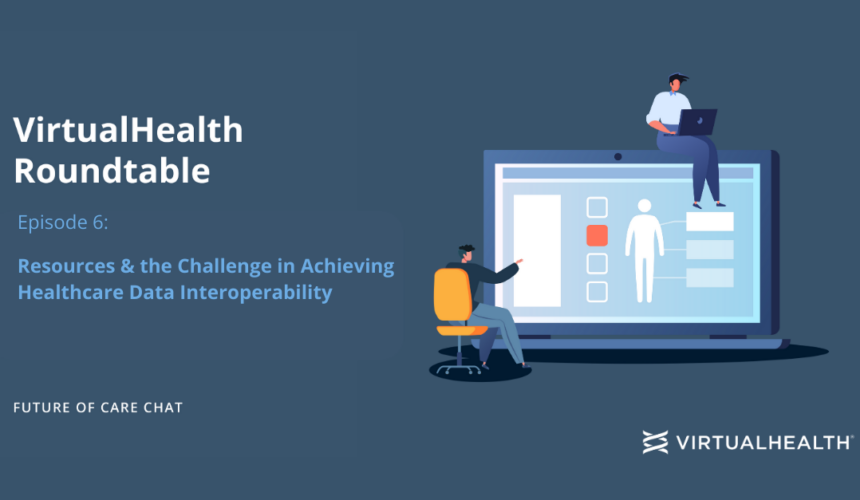
Future of Care Chat – Episode 6: Resources & the Challenge in Achieving Healthcare Data Interoperability
Why is healthcare data interoperability so difficult to achieve? The technical staff currently needed to manage healthcare data exchange to meet interoperability standards and requirements is extensive, burdensome, and costly. A streamlined FHIR® data solution could significantly reduce all three and help organizations overcome critical data challenges. In the final episode of our data interoperability series, Episode 6, Marcus Caraballo, VP of Product Management, and Huthaifa Khan, Director, Solutions Architecture, discuss why the HL7® FHIR® standard matters so much in the modern healthcare data exchange. If you missed past episodes, watch them below: Episode 5 Episode 4 Episode 3...
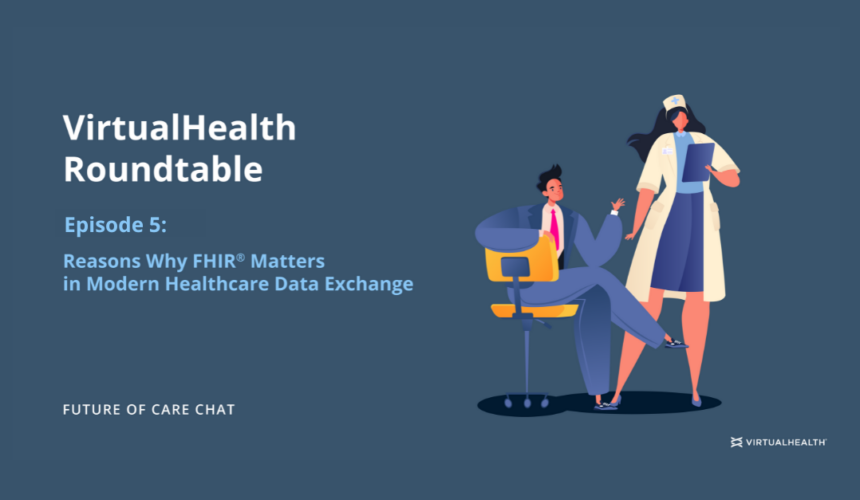
Future of Care Chat – Episode 5: Reasons Why FHIR® Matters in the Modern Healthcare Data Exchange
Why does FHIR® matter so much in the modern healthcare data exchange? A conversation with VirtualHealth product team leaders about the different reasons why FHIR®matters in the modern healthcare data exchange. There are a number of reasons why the HL7® FHIR® standard matters in the modern healthcare data exchange. From improved access for payers, providers, and patients to access medical and clinical records, to easier data sharing across care teams, FHIR® makes it possible to support a patient-centric coordinated-care approach to help improve care coordination overall. Next up from our last data interoperability series episode, In Episode 5, Marcus Caraballo,...
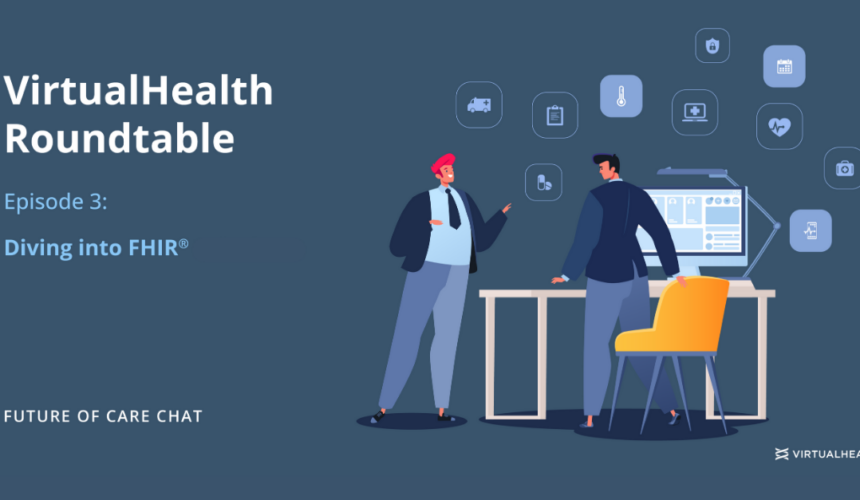
Future of Care Chat – Episode 3 – Diving into FHIR®
What is FHIR? Why does FHIR matter in healthcare data management? The HL7 FHIR (Fast Healthcare Interoperability Resources 1) standard defines how healthcare information can be exchanged between different computer systems regardless of how it is stored in those systems. And for healthcare payers and organizations today, it’s an important standard for sharing and exchanging clinical records across the care continuum so as to enable cost-efficient care, and the standard by which healthcare organizations are held accountable. This includes those under the banner of CMS for data related to healthcare services, prior authorizations, and more. In Episode 3, Marcus Caraballo,...

How Can Accountable Care Organizations Address the Data Silo Challenge?
Nearly a decade ago, a Forbes contributor referred to data silos as “a medical tragedy.” Jump forward 10 years and we still have data silos. And the very real human consequences they create such as suboptimal health outcomes related to missed or delayed diagnoses, medical errors, and missed opportunities to provide the right care at the right time. Although data sharing presents significant challenges for accountable care organizations (ACOs), there are strategies that can help address data silos, including instilling a collaborative work culture and adopting technology that enables seamless data integration across ACOs. Why ACOs Need to De-Silo Their...
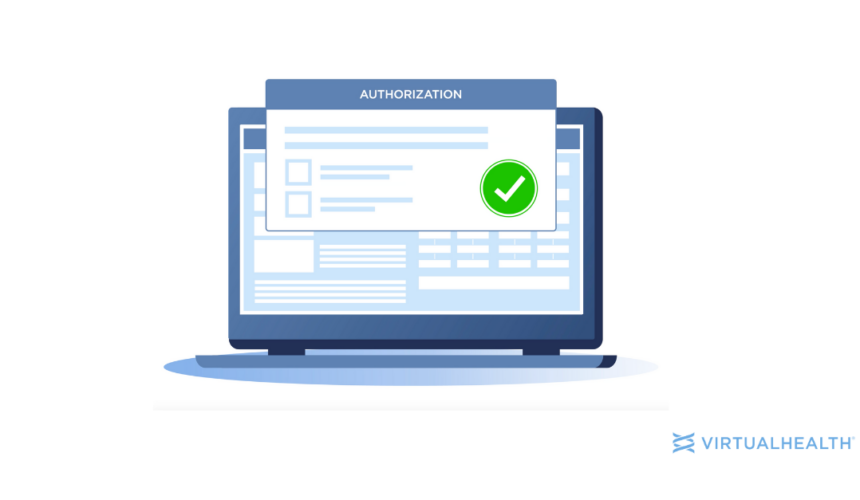
6 Things Accountable Care Organizations Should Look for in a Medical Management Platform
Medical management platforms can help accountable care organizations (ACOs) meet core goals related to providing highly coordinated, value-based care. For example, software with automated workflows and data centralization capabilities helped ACOs increase primary care services and wellness rates among members while reducing emergency department visits, hospital readmissions, and overall costs, according to a 2017 report in Healthcare IT News. But, with many medical management platforms in the market now, which is right for your organization? Medical Management Software for ACOs: 6 Critical Considerations An ACO should look for a medical management platform that provides the tools and resources to cost-effectively...
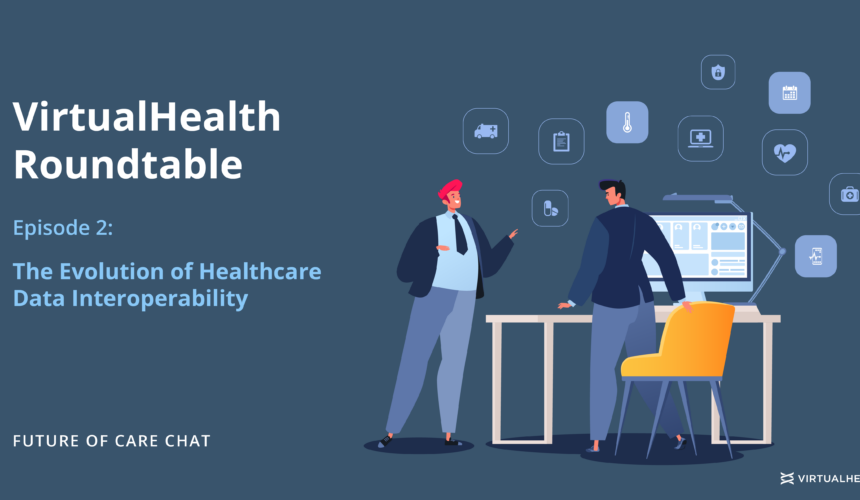
Future of Care Chat – Episode 2 – The Evolution of Healthcare Data Interoperability
How has healthcare data interoperability changed in the last few years? Are data silos still a core challenge? Disconnected data negatively impacts payers and providers across the care continuum, impacting everything from healthcare experiences and health outcomes to higher costs and inaccurate care and utilization management. In Episode 2, Marcus Caraballo, VP of Product Management, and Huthaifa Khan, Director, Solutions Architecture, discuss how healthcare data interoperability is evolving to address common pain points and challenges.
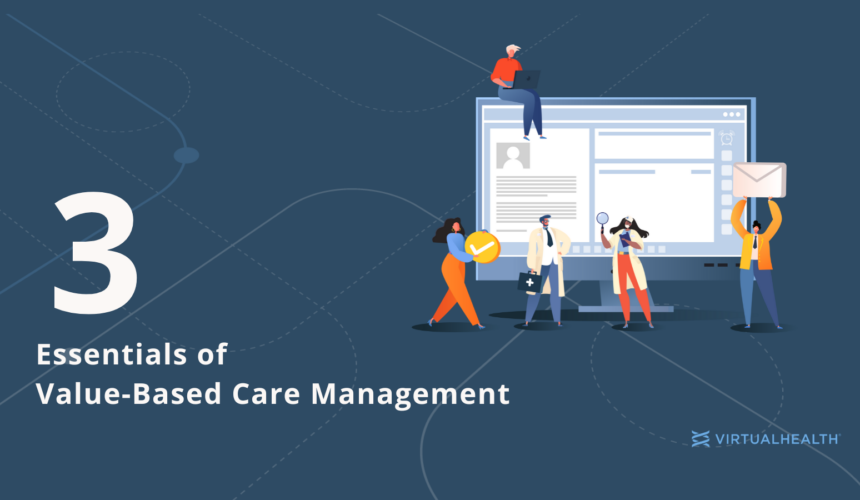
Three Essentials a Value-Based Care Management Platform Must Have
Your patients (health plan members) are the driving force behind everything you do. And with the gradual shift over the past two decades from volume-based, fee-for-service payment models to value-based care and managed care models, your team is finally able to focus on each patient as a whole. The only thing that could possibly get in your way? Spending too much time on the administrative responsibilities behind care management. Fortunately, there are solutions that can help improve the quality of individuals’ health outcomes and increase care team efficiency at the same time. Moreover, this efficiency also results in reduced staff burnout....
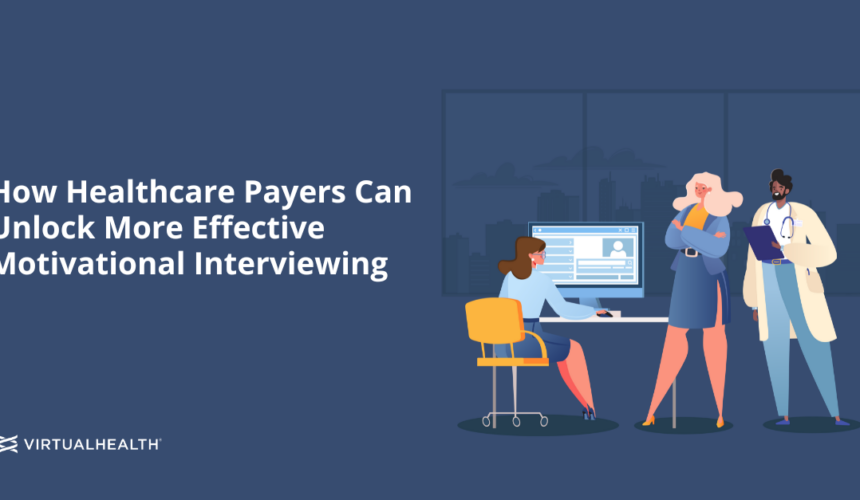
How Healthcare Payers Can Unlock More Effective Motivational Interviewing
Healthcare payers can help members improve health choices with digital tools and key motivational care management strategy Motivational interviewing (MI) is an evidence-based method of helping members overcome resistance to positive behavior changes that are critical to improving their health. Through effective MI, care managers can empower members to Identify personal barriers to better health choices and behaviors Increase the likelihood of successful behavior changes Improve adherence to care plan instructions or medication regimens Achieve better clinical outcomes and quality of life Despite these benefits, carrying out effective MI can be challenging for some care teams. Find out how healthcare...


